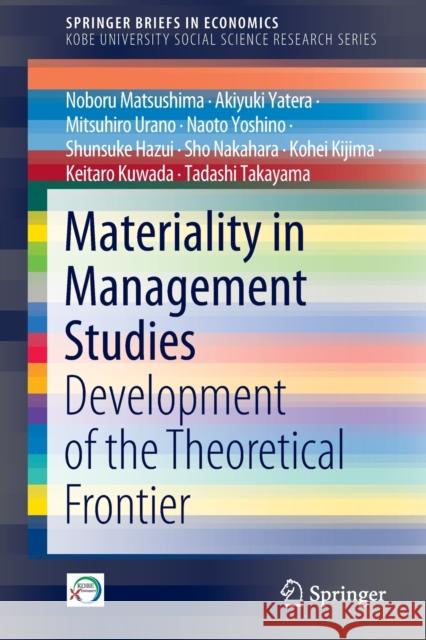Materiality in Management Studies: Development of the Theoretical Frontier » książka
topmenu
Materiality in Management Studies: Development of the Theoretical Frontier
ISBN-13: 9789811686412 / Angielski / Miękka / 2022 / 92 str.
Kategorie:
Kategorie BISAC:
Wydawca:
Springer
Język:
Angielski
ISBN-13:
9789811686412
Rok wydania:
2022
Ilość stron:
92
Waga:
0.14 kg
Wymiary:
23.39 x 15.6 x 0.48
Oprawa:
Miękka
Wolumenów:
01
Dodatkowe informacje:
Wydanie ilustrowane











